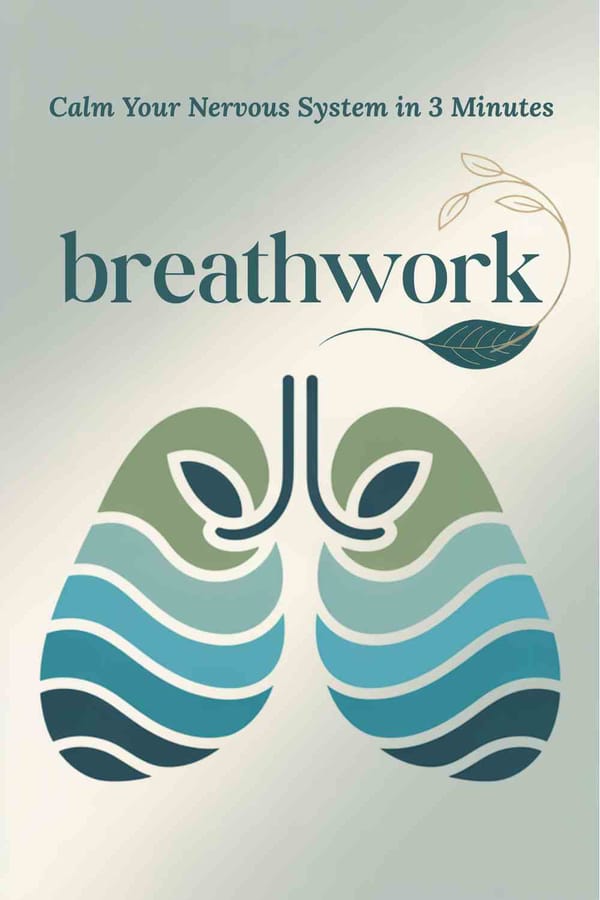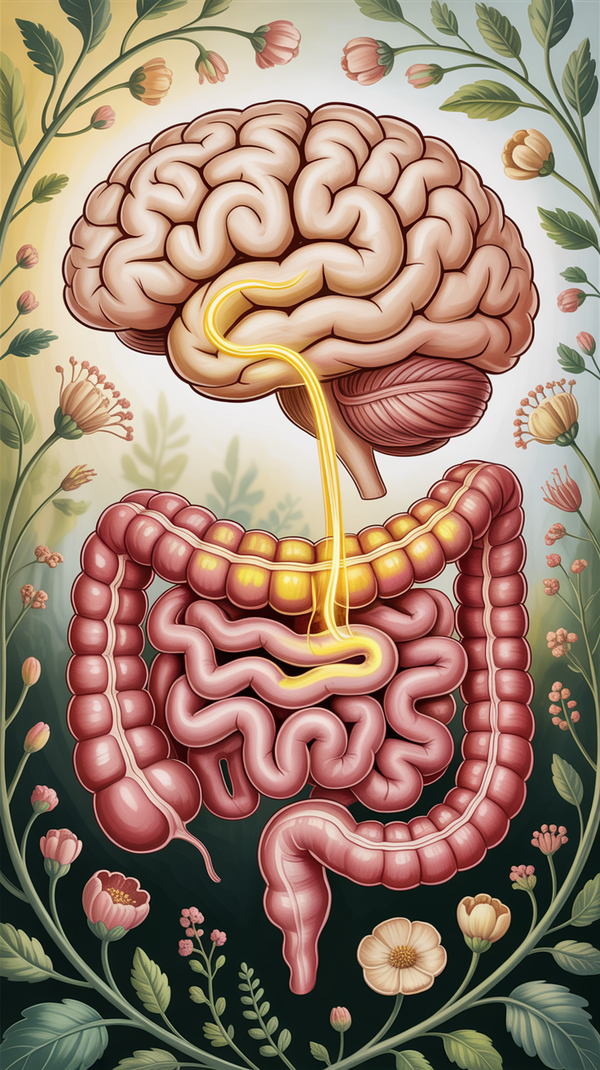Facing Cancer? Sugar's Got to Go—Here’s Why!

Introduction
If you’ve just been handed a cancer diagnosis, it feels like the ground shifts beneath you. Amidst the flurry of doctor’s appointments and treatment plans, you might feel a loss of control. One powerful way to regain that control is by looking at your diet—specifically, by cutting out sugar. Why? Because the science tells us that sugar not only feeds cancer but also creates an environment in your body where cancer thrives. Let’s dive into why reducing sugar is crucial and how you can do it effectively.
The Science Behind Sugar and Cancer
Sugar impacts your body’s metabolic processes and inflammatory responses, creating an acidic environment that is a playground for cancer cells. Studies have shown that high levels of sugar in the diet lead to increased risks of not only cancer occurrence but also its progression.
- Feeding Cancer: Cancer cells metabolize sugar at a much faster rate than normal cells—a process known as the Warburg effect. This means that by consuming high amounts of sugar, you're essentially fueling the growth of cancer cells. [Warburg, O. (1956). On the origin of cancer cells. Science, 123(3191), 309-314.]
- Inflammation and Acidity: Excess sugar disrupts your body’s normal inflammatory process. Instead of healing, your body remains in a chronic state of inflammation, which is linked to an increased risk of cancer. Sugar also increases the body’s acidity, further exacerbating cancer cell growth. [Johnson, R.J., et al. (2007). Fructose, insulin resistance, and metabolic dyslipidemia. Nutrition & Metabolism, 2(5), 5.]
- Gut Health and Cancer: Sugar dramatically impacts gut health by feeding harmful bacteria and yeast, which can lead to an overgrowth and imbalance—this disrupts the gut lining and leads to increased inflammation and weakened immune response against cancer cells. [Roberfroid, M., et al. (2010). Prebiotic effects: metabolic and health benefits. British Journal of Nutrition, 104(S2), S1-S63.]
Practical Diet Strategies to Eliminate Sugar
- Read Labels Carefully: Sugar hides under many names on ingredient lists, including sucrose, high fructose corn syrup, and dextrose. Start checking labels to avoid these.
- Opt for Whole Foods: Processed foods are notorious for added sugars. Focus on whole foods like vegetables, fruits, and meats that are naturally low in sugars.
- Find Natural Sweeteners: Instead of sugar, consider alternatives like stevia, erythritol, or xylitol, which don’t have the same effects on your body's insulin levels.
Conclusion
As you take on the challenge of facing cancer, remember that your diet is one of the few things you're in direct control of. Eliminating sugar is a crucial step not just in theory, but in practice. It might not be easy, but it's undoubtedly a move towards regaining control over your health.
Interested in Going Deeper?
If you’re ready to take your dietary changes to the next level, our detailed guide in the paid version of this blog offers in-depth advice, practical tips, and scientific insights into sugar-free diets and their roles in combating cancer. This guide is tailored to equip you with all the necessary tools to make informed decisions about your health.
Exciting News On the Horizon
Keep an eye out for our upcoming comprehensive plan designed to give you the best fighting chance against cancer. This extensive program will combine dietary strategies, lifestyle changes, and cutting-edge research to support your healing journey. It’s coming soon, and it will be an invaluable resource for anyone serious about fighting cancer proactively.
Join Us Today
Don’t wait to take control of your health. Join our paid community today to access the detailed guide and be the first to know when our comprehensive plan launches. Together, we can tackle this challenge head-on, with science and persistence on our side.
In health,
Jamie Shahan MSN, CRNA, RN
Empowering Holistic Health
🌐 Connect with me on Social Media:
This article contains affiliate links and I may make a little cash along the way. I'd be stupid not to add them! If I am educating you about making changes then I may as well recommend items for you to try. These suggestions will get you looking in the right direction.
Disclaimer
I am a healthcare practitioner. I am not a doctor, nor am I your healthcare practitioner. The information shared in this blog is for educational and informational purposes only and is not intended as medical advice, diagnosis, or treatment.
I explore and share research, holistic approaches, and personal experiences in my journey to healing. It is up to you to make informed decisions about your health. Always do your own research, listen to your body, and consult a trusted healthcare professional if needed before trying any new health protocol, supplement, or treatment.
By reading this blog, you acknowledge that you are responsible for your own health choices and that I am not liable for any outcomes resulting from the application of the information provided.




